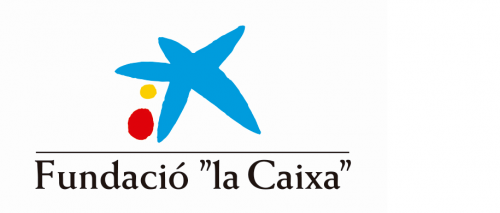Predicción del riesgo de desarrollo de psicosis en jóvenes consumidores de cannabis
El cannabis es la droga ilícita más consumida en el mundo y a menudo se la considera “blanda” o relativamente inofensiva. Sin embargo, en los últimos años, ha aumentado la conciencia sobre los daños asociados con su uso. La literatura actual vincula el cannabis con dos resultados psicopatológicos: un mayor riesgo de experimentar síntomas psicóticos y el síndrome completo de esquizofrenia, y el llamado síndrome amotivacional. Ambos resultados son de especial relevancia en adolescentes y adultos jóvenes, dado que este es el rango de edad común para la aparición de trastornos psicóticos, y que la falta de motivación parece ser un problema particular en los consumidores jóvenes de cannabis. Sin embargo, también está claro que no todos los usuarios desarrollan estos síntomas. Este proyecto tiene como objetivo utilizar imágenes cerebrales funcionales para detectar y examinar la susceptibilidad a estos efectos nocivos del cannabis.
A este respecto, se examinará la utilidad de tres anomalías diferentes de las imágenes funcionales del cerebro. (i) Fallo en la desactivación de la corteza prefrontal medial durante la realización de tareas que exigen atención, lo cual está bien documentado en la esquizofrenia, incluidos los pacientes con un primer episodio de enfermedad y sus familiares no afectados, lo que sugiere que puede ser un marcador de vulnerabilidad. a la psicosis. Se cree que refleja una disfunción de la red de modo predeterminado (DMN), un conjunto de regiones del cerebro (incluida la corteza prefrontal medial) que están activas en reposo pero se desactivan durante la realización de una amplia gama de tareas que exigen atención. (ii) Procesamiento aberrante de recompensas. Se ha propuesto como base de los síntomas esquizofrénicos positivos, como los delirios referenciales y las percepciones anormales, una señalización cerebral aumentada y aberrante de dopamina que conduce a que la prominencia se atribuya a estímulos neutros. El procesamiento de recompensas se puede examinar mediante tareas que miden las respuestas cerebrales a la recompensa y a los estímulos asociados a la recompensa, y se ha descubierto que es anormal en la esquizofrenia. (iii) Negligencia de objetivos como índice de desmotivación relacionada con el cannabis. Los correlatos funcionales cerebrales de la acción dirigida a un objetivo se pueden examinar utilizando una versión adaptada por resonancia magnética funcional de tareas conductuales sensibles a la llamada negligencia de objetivo, algo que se cree que subyace a la apatía observada en pacientes neurológicos con síndrome del lóbulo frontal.
Este proyecto utilizará tres paradigmas de imágenes funcionales en una gran muestra de consumidores de cannabis (N = 100) de entre 18 y 25 años, y un grupo de controles que no consumen drogas (N = 50), para examinar estos tres marcadores de imágenes. Examinaremos el fallo de la desactivación de DMN utilizando una tarea que exige atención (el n-back) y el procesamiento de recompensa alterado a través de una tarea dinámica de aprendizaje de recompensa monetaria. También examinaremos la desmotivación utilizando la Prueba Computarizada de Elementos Múltiples (CMET), una prueba de negligencia de objetivos adaptada a la resonancia magnética funcional. Se realizará un examen de las asociaciones entre activaciones/desactivaciones durante la realización de estas tareas y medidas clínicas detalladas de experiencias similares a la psicosis (para las tareas n-back y de recompensa) y apatía (para el CMET).
115.500,00 €
